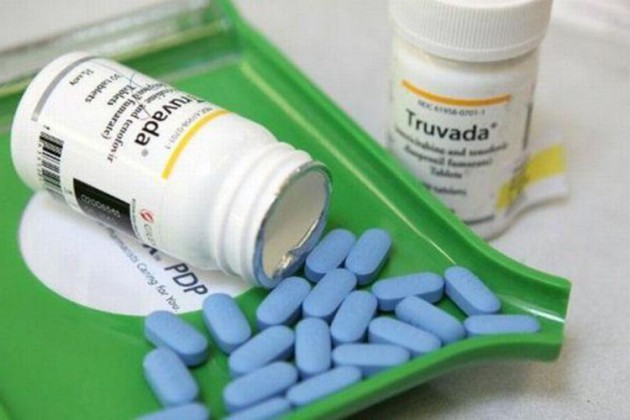Implications of anti-retroviral drugs shortage

Beaven Dhliwayo Features Writer
The country needs to make swift decisions to improve the availability of life-prolonging anti-retroviral drugs at all public health institutions to prevent drug resistance and other complications.
HIV and Aids activists indicated that shortages of ARVs compromise patient safety and usually result in severe illness and eventually death.
Speaking to The Herald at the just-ended NANGO 2019 NGO Expo in the Harare Gardens, Zimbabwe Coalition of Debt and Development (Zimcodd) HIV Cluster chair Charles Kauture said the future looks bleak for people living with HIV and those suffering from other non-communicable ailments as a result of the uncertainty over the supply of ARVs in public hospitals and clinics across the country.
“There should be political will by Government to honour the obligation of the Global Fund, to pay about US$6 million so that they can give us ARVs worth US$600 million to ensure people living with HIV have sufficient supply of the lifesaving drugs,” he said.
“Signs of shortages of the drugs started several months ago and the situation is getting worse.
“As activists, we are concerned about this trend.”
The lack of financial resources has hit the health sector, leading to an acute shortage of life-prolonging drugs.
Priority should also be directed towards health and ensure that people living with HIV continue to receive their treatment as is done in other sectors such as agriculture, mining, manufacturing, water and sanitation sectors who are receiving priority.
Access to treatment, especially for HIV should be given the urgency it requires as far as allocations of foreign currency is concerned, as it will help save lives and reduce new infections.
Previously, those on treatment could get three months’ supply, but now one can get supply that can last two weeks.
Zimbabwe, as a country which has managed to successfully reduce the number of people living with HIV and HIV-related deaths, should battle and improve the supply of life-prolonging drugs and save lives.
Kauture added that the inadequate supply of ARVs hinders patient initiation, adherence and poses a major obstacle to winning against HIV response as a country which calls for optimal devotion to ensure individual treatment access and limit viral resistance.
“This is a very tricky situation which should be addressed immediately by all stakeholders.
“If the situation persists, many people will likely develop drug resistance for as long as their treatment is interrupted due to these erratic supplies that can be abated if the authorities prioritise ARVs.”
If the strain of HIV become resistant to ARVs, even if the person takes them again at a later stage, they might not work.
Experts say if the drugs are stopped, or not taken at the right time each day, the HIV takes advantage of this and starts to make copies of itself again.
Sometimes the copies change a little bit, and the ARV drugs will not be as effective against them.
Again, if HIV becomes drug resistant, and you accidentally pass the virus on to another person, that person will find that drugs do not work for them either.









Comments